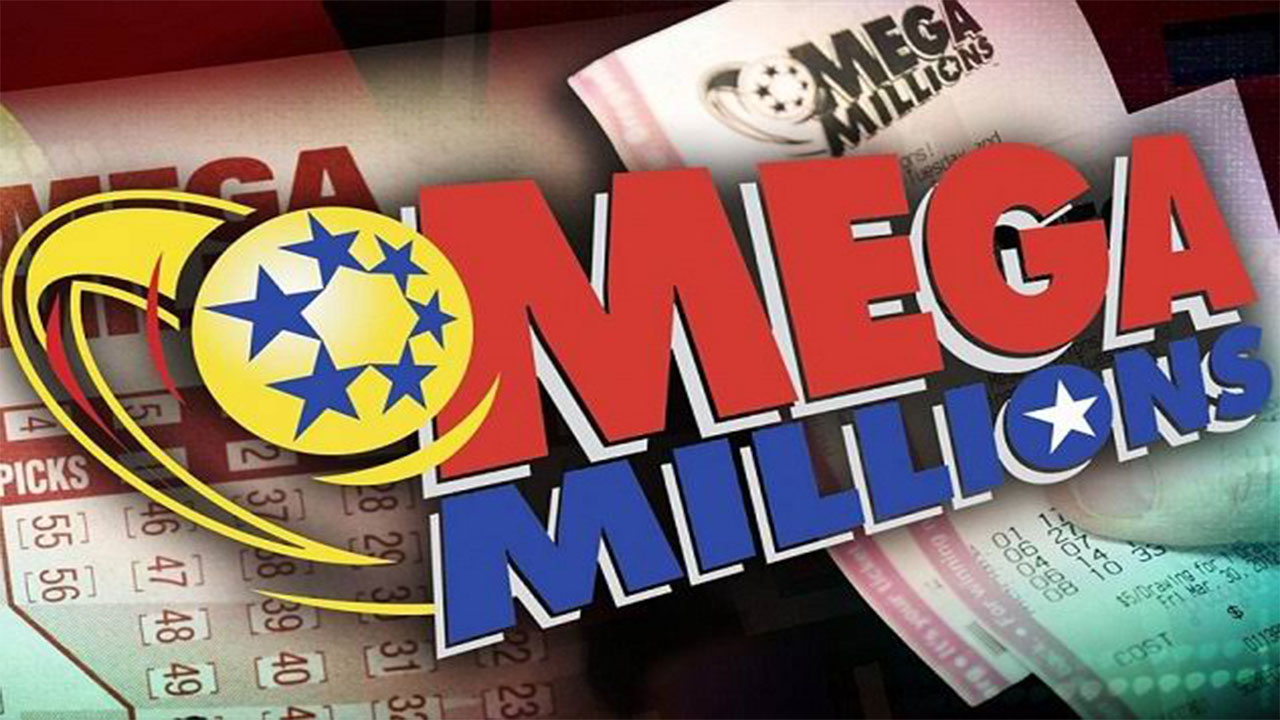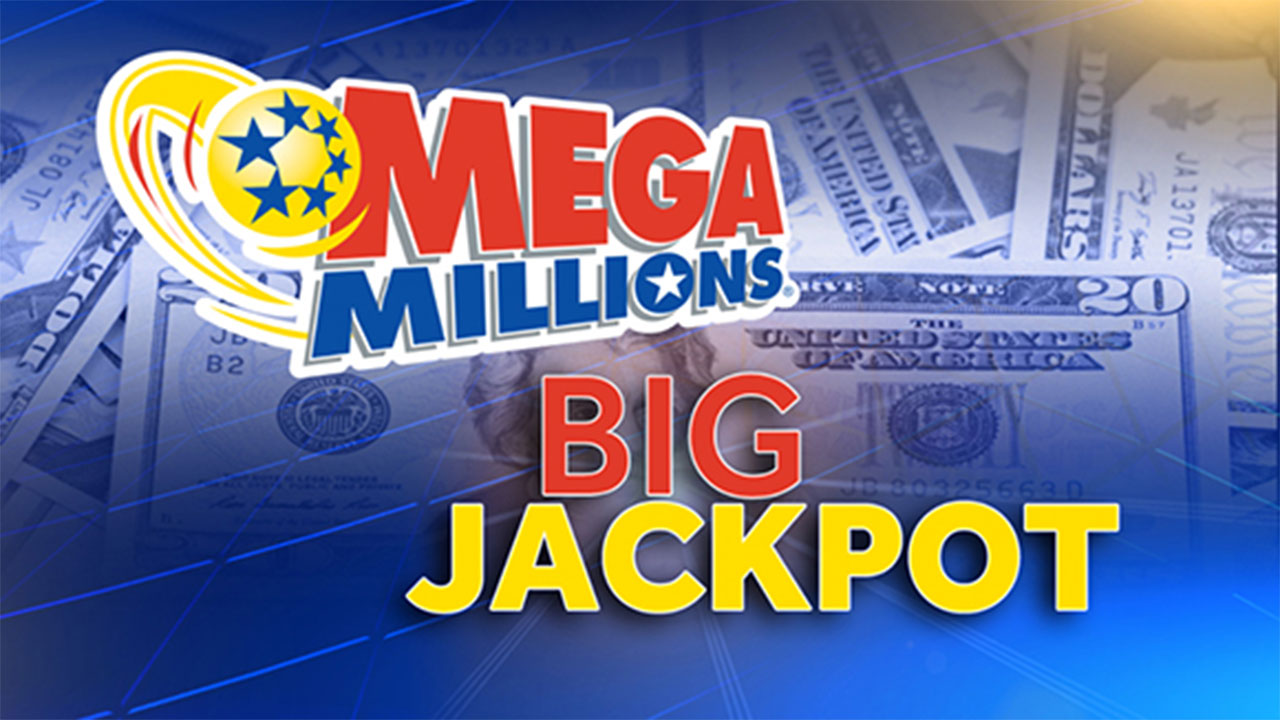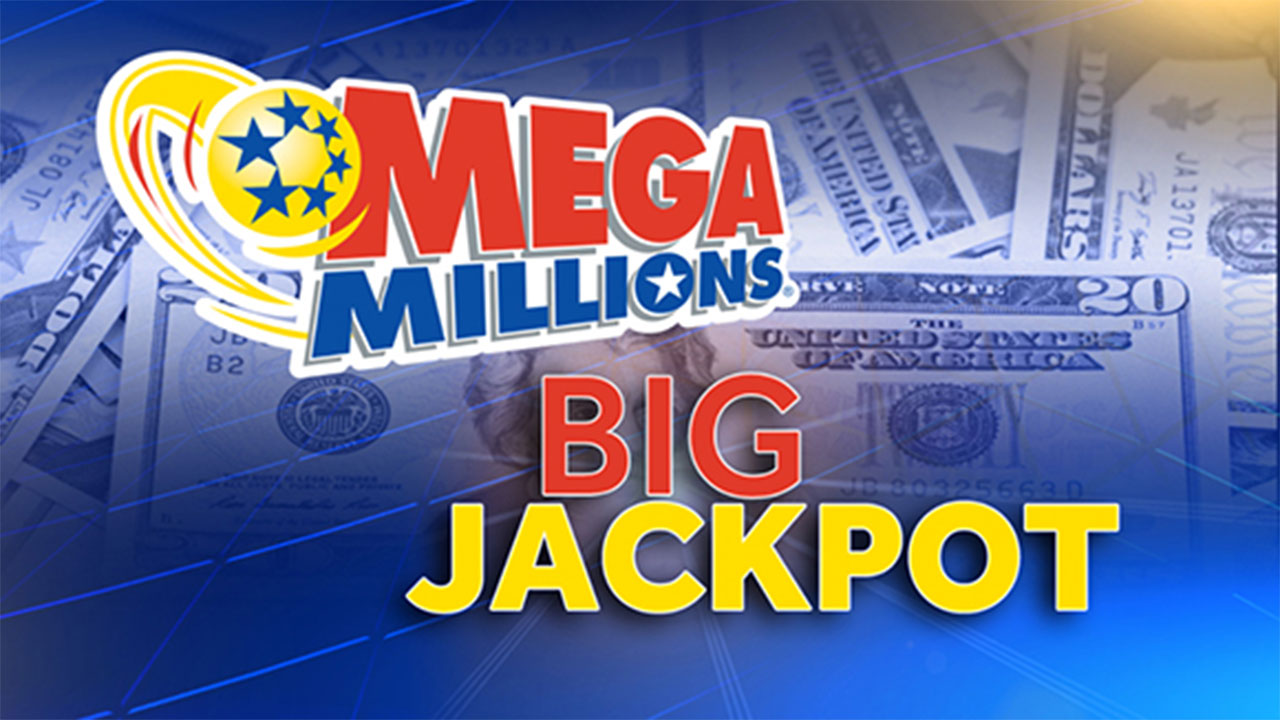Winning ticket for $1.22 billion Mega Millions jackpot sold in California! This incredible win has sent shockwaves across the nation, sparking conversations about luck, odds, and the life-altering impact of sudden wealth. This article delves into the details of this record-breaking jackpot, exploring everything from the verification process and tax implications to the potential economic ripple effects on California and the fascinating public reaction.
We’ll examine the sheer improbability of winning such a prize, compare it to previous Mega Millions jackpots, and consider the various ways the winner might choose to use their newfound fortune. We’ll also touch upon the social commentary surrounding lottery wins and wealth inequality, exploring different perspectives on this captivating event.
The $1.22 Billion Mega Millions Jackpot Winner
A lucky California resident has claimed a winning ticket for the record-breaking $1.22 billion Mega Millions jackpot, marking the second-largest lottery prize in US history. This win has sparked widespread interest, raising questions about the winner’s identity, the process of claiming the prize, and the broader economic and social implications of such a massive windfall.
Winning Ticket Verification and Security
Verifying a winning ticket of this magnitude involves a rigorous process. The California Lottery will carefully examine the ticket for authenticity, ensuring it matches the winning numbers drawn on [Date of drawing]. This involves sophisticated scanning technology and manual verification by multiple lottery officials. Security measures to protect the winner’s identity are paramount. The Lottery typically doesn’t publicly release the winner’s name unless they choose to come forward.
They may also use a trust or legal representative to claim the prize on their behalf, further shielding their personal information.
Claiming the Prize and Tax Implications
The winner has several options for claiming their prize. They can choose to receive a lump-sum payment, which will be significantly less than the advertised $1.22 billion due to taxes and present value calculations, or they can opt for an annuity paid out over 29 years. Regardless of the choice, the winner will face substantial tax implications. Federal taxes alone will take a significant chunk of the winnings, and California also imposes a state income tax on lottery prizes.
For example, a lump-sum payment might be reduced to roughly $723 million after federal taxes, with further reductions for state taxes, leaving a substantially lower net amount. This is a common scenario for large lottery wins; the actual amount received is considerably less than the advertised jackpot.
Jackpot Comparison
The $1.22 billion Mega Millions jackpot ranks as the second largest in US lottery history, surpassed only by the $1.586 billion Powerball jackpot won in 2016. Jackpots of this size generate immense public excitement and significantly boost lottery ticket sales. The impact extends beyond the winner, influencing state economies and generating significant media attention.
The Winner’s Story (Hypothetical)
While the winner’s identity remains undisclosed (at the time of writing), we can construct a hypothetical narrative to explore the potential impact of such a win. Let’s imagine the winner, “Jane Doe,” a hardworking teacher from a modest background in Southern California.
Hypothetical Winner Profile and Reactions

Upon discovering her win, Jane Doe’s initial reaction might be disbelief, followed by overwhelming joy and a mix of excitement and apprehension. The initial shock would gradually give way to planning and decision-making, involving financial advisors, lawyers, and family. She might choose to remain anonymous, prioritizing her privacy and safety.
Potential Uses of Winnings and Life Changes
Jane Doe might use her winnings to pay off debts, secure her family’s financial future, donate to charities, invest wisely, and perhaps pursue long-held dreams such as traveling or starting a foundation. The contrast between her life before the win – a dedicated teacher working hard to make ends meet – and her life afterward – with financial security and new opportunities – would be dramatic.
So, someone in California just won a whopping $1.22 billion in the Mega Millions lottery – can you even imagine? It’s pretty wild news, especially considering other headlines like the passing of a broadcasting legend; sadly, we learned that Sportscaster Greg Gumbel dies at age 79. That’s a real downer compared to the lottery win, but hey, life’s full of ups and downs.
Back to that lucky Californian, though – I wonder what they’ll do with all that money!
This is similar to stories of many past lottery winners who experienced significant lifestyle changes after their win.
Comparison of Life Before and After the Win (Hypothetical), Winning ticket for
.22 billion Mega Millions jackpot sold in California
Before the win, Jane Doe might have experienced financial stress, limited leisure time, and postponed dreams. After the win, she would likely have financial freedom, more time for family and personal pursuits, and the ability to pursue her passions without financial constraints. Many past lottery winners share similar stories of significant transformations in their lives, although the adaptation to such a drastic change varies greatly from person to person.
Impact on California’s Economy
The Mega Millions jackpot win will have a ripple effect on California’s economy. The state receives a significant portion of the lottery proceeds, which are used to fund various state programs, including education and public services. The winner’s spending will also contribute to local businesses, potentially boosting sales in various sectors.
Economic Ripple Effect
| Sector | Potential Impact | Example | Estimated Impact (Hypothetical) |
|---|---|---|---|
| State Revenue | Increased funding for state programs | Education, infrastructure | Millions of dollars |
| Local Businesses | Increased sales and economic activity | Retail, hospitality, real estate | Millions of dollars |
| Financial Institutions | Increased investment and financial management activity | Investment firms, banks | Millions of dollars |
| Charities | Increased donations and philanthropic activity | Various non-profit organizations | Millions of dollars |
Lottery Ticket Sales Boost

Following a large jackpot win, lottery ticket sales typically experience a significant surge as people are inspired to try their luck. This increased sales revenue further benefits the state and its programs funded by lottery proceeds. This effect is often observed following major lottery wins across the nation.
Odds and Probabilities of Winning
The odds of winning the Mega Millions jackpot are astronomically low. The probability of matching all six numbers is approximately 1 in 302.5 million. This makes winning the jackpot an extremely rare event.
So, someone in California just won a massive $1.22 billion Mega Millions jackpot – enough to buy, like, a small country! Think about the sheer amount of stuff you could buy, but then consider this: the odds of winning are astronomical, almost as unlikely as avoiding a catastrophic space junk collision, a scenario explained in this article about Kessler Syndrome – What is ‘Kessler Syndrome’ — and why do some scientists think the – which is pretty scary.
Anyway, back to the lottery winner – I wonder what they’ll do with all that cash!
Comparison to Improbable Events
To illustrate the rarity, consider the odds of being struck by lightning (approximately 1 in 15,300) or being involved in a fatal car accident (approximately 1 in 107). The probability of winning the Mega Millions jackpot is far, far lower than these already improbable events. This underscores the long shot nature of participating in the lottery.
Visual Representation of Low Probability
Imagine a field containing 302.5 million grains of sand. Finding the one specifically marked grain of sand, without any clues or guidance, represents the likelihood of winning the Mega Millions jackpot. This visual emphasizes the exceptionally low probability of success.
Public Reaction and Social Commentary

The news of the $1.22 billion Mega Millions win has generated a mixed public reaction. While many celebrate the winner’s good fortune, others have voiced concerns about wealth inequality and the societal impact of lotteries.
Social Media Reactions and Commentary
Social media platforms have been abuzz with discussions ranging from expressions of excitement and envy to critiques of the lottery system. Some focus on the winner’s potential to make a positive impact with their winnings, while others highlight the addictive nature of gambling and the disproportionate impact on lower-income communities.
Psychological Aspects of Lottery Participation
The psychological allure of the lottery lies in the hope of transforming one’s life overnight. This hope can be a powerful motivator, even when the odds are heavily stacked against winning. However, excessive lottery participation can lead to financial difficulties and addictive behaviors. Understanding these psychological aspects is crucial for responsible engagement with lotteries.
Diverse Viewpoints on the Lottery
Public opinion on lotteries is multifaceted. Some view them as a harmless form of entertainment with the potential for significant financial gain, while others criticize them for exploiting vulnerable populations and contributing to wealth disparity. The ongoing debate reflects a complex interplay of economic, social, and psychological factors.
End of Discussion: Winning Ticket For
.22 Billion Mega Millions Jackpot Sold In California
The $1.22 billion Mega Millions win in California represents more than just a lucky ticket; it’s a compelling story of chance, dreams, and the profound impact of immense wealth. From the excitement of the win to the complexities of claiming the prize and its far-reaching economic consequences, this jackpot serves as a fascinating case study in probability, human nature, and societal reactions to sudden fortune.
Whether you believe in the lottery or not, the story of this California winner is undoubtedly one for the ages.
So, someone in California just snagged a $1.22 billion Mega Millions jackpot – can you even imagine? That kind of pressure is insane, kind of like what the Indian cricket skipper is facing right now, as you can read about here: ‘Not up for it’: Pressure grows on Indian skipper. Seriously though, that lottery win?
That’s a whole different level of life-changing pressure!
Commonly Asked Questions
What are the odds of winning the Mega Millions jackpot?
The odds are astronomically low – approximately 1 in 302.5 million.
How long does the winner have to claim their prize?
This varies by state, but typically there’s a deadline (often 180 days) after the drawing. The specifics should be available on the California Lottery website.
Can the winner remain anonymous?
California law allows lottery winners to remain anonymous, protecting their identity from public disclosure.
What happens to the unclaimed money?
Unclaimed lottery funds usually go back into the state’s general fund or are used to support lottery-related programs.
